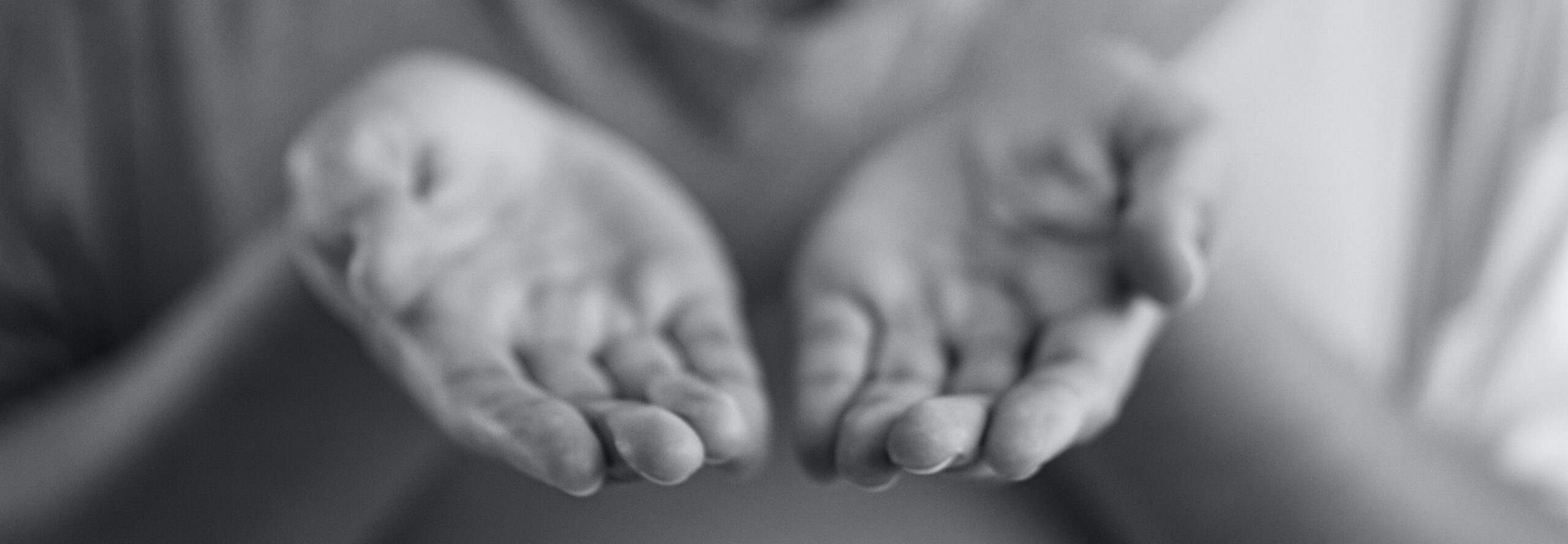Every day, I take a few moments to connect to the collective consciousness. Dropping into my body and touching base with the global neural net is enough for me to feel our collective trauma. The weight is palpable, dark, swimming with pain, and so much more.
Can you feel it too? If not, my guess is that you are connected to what is happening but on a subconscious level.
Do not fear this shift. Trauma is like the earthquake that cracks open the land, allowing space for light, wisdom, and consciousness to bust through.
It is the precursor to an awakening.
The pandemic, the resulting recession, homelessness, protests, political unrest, racism, brutality against BICOP and POC are collectively traumatic not only to those who directly experience them but to the entire human race.
How do we begin to heal from this onslaught of pain?
Collective Healing: Post-Traumatic Transformation
Trauma is not the end but rather a portal to transformation, both in individual and collective suffering.
Consider Victor Frankl, who survived imprisonment in Jewish concentration camps, yet drew significant meaning from his horrific experiences; “Everything can be taken from a man but one thing: the last of the human freedoms—to choose one’s attitude in any given set of circumstances, to choose one’s own way.”
Take my story of transforming decades of abuse and a crippling autoimmune disease into a life purpose and two businesses founded in alignment with my dharma.
Then there are the clients I help turn long-lasting suffering into growth opportunities, designing new life trajectories from the ashes of their pain.
How is any of this possible? What are the keys to deriving meaning from traumatic circumstances and experiencing post-traumatic growth, or transformation, for that matter?
1. Resilience
All of us have a built-in, intuitive resilience reservoir that supplies us with the ability to rebound from trying circumstances. For some, this reservoir has run dry, so and we must somehow rejuvenate it.
The Resilience Reservoir is filled with things like:
- Positive self-view
- Ability to set routine, make realistic goals, and stick to these
- Ability to effectively communicate with others (non-violent communication is ideal)
- Emotional regulation, impulse management
- Problem-solving skills

2. Opportunity for Transformation
In today’s society of convenience, we are taught that life is within our control. If we behave like good girls and boys, work hard, and follow the rules, everything will go as planned.
When faced with trauma, our perfectly packaged world explodes, and we are left to pick up the pieces.
We are presented with an opportunity to let go of belief systems that were never truly valid and no longer serve us. We have the chance to rebuild, readjust, and reconsider what is truly important to us, and to ask:
- What are my actual priorities (not just the things that help me check the To-Do boxes)?
- What are the things that make me feel truly alive?
COVID and other current events are presenting us this chance; to dismantle old world views in exchange for ones that offer more flexibility and flow.
3. Purpose from Pain
Growth is always possible, but rarely does it occur without some inner work. One of the most beautiful outcomes of trauma, I have found, is uncovering a higher life purpose.
The pandemic and other related events are calling us to look inside ourselves for answers to questions like:
- What is my dharma (my soul’s purpose), and am I living it?
- What fills me with meaning each day?
- What brings me true happiness?
If now is not the moment to unearth purpose and meaning from life, then when? I challenge you to ask these questions and find what arises for you.
How we decide to move through this massive shift has the potential to change our life’s trajectory and open us up for spiritual evolution.




Comments +